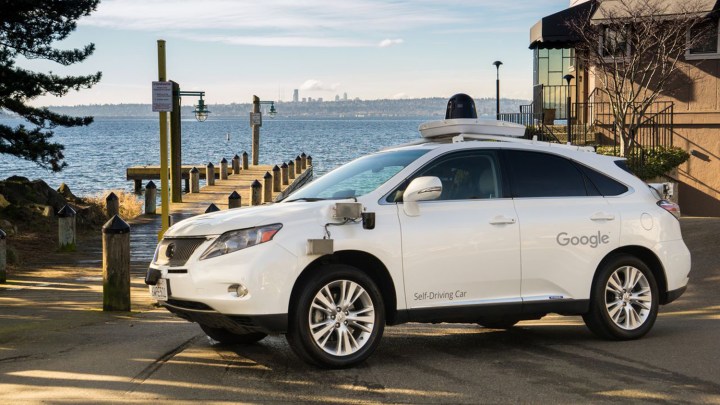
Rather, a new threat analysis team has been tasked with determining the potential security issues associated with not only self-driving cars, but other Internet of Things and connected devices as well. After all, if you can control everything from the palm of your hand, who’s to say someone else can’t do the same thing?
Under Assistant Attorney General John Carlin, who heads the Justice Department’s national security team, the new team seeks to secure the internet of things and protect it from potential terrorist threats. There is concern that malicious parties might attempt to hack devices to either cause destruction or gain political or economic ground against the U.S. and its citizenry.
And while the group is working to ensure our national security and protect us from our (too) smart devices, Carlin notes that the team does “not want to be alarmist.” After all, technological innovations are an overall positive, and the goal is not to hinder the public from taking advantage of new developments or cause unnecessary concern. But all the same, there is certainly cause for concern.
“The internet on wheels … clearly is going to present national security risks as this transformation takes place,” Carlin said.
Back in March, the National Highway Transportation Safety Administration (NHTSA) noted that vehicles were “increasingly vulnerable” to hacking, and experts have already proven that it is more than possible to remotely take control of moving vehicles.
So as car and tech companies continue their race to put self-driving cars on the road, the DOJ is doing its part to ensure that these new vehicles aren’t putting us in harm’s way.


